The Age Gap in 19th Century Literature
Mona Chalabi’s op-ed for the NYTimes states that as women age, they examine the dating profiles of their contemporaries, while men, no matter their ages, peruse photos of women in their early 20’s.
Please note that orders placed between February 1-February 17 will not be shipped until February 17. Thank you for your patience.
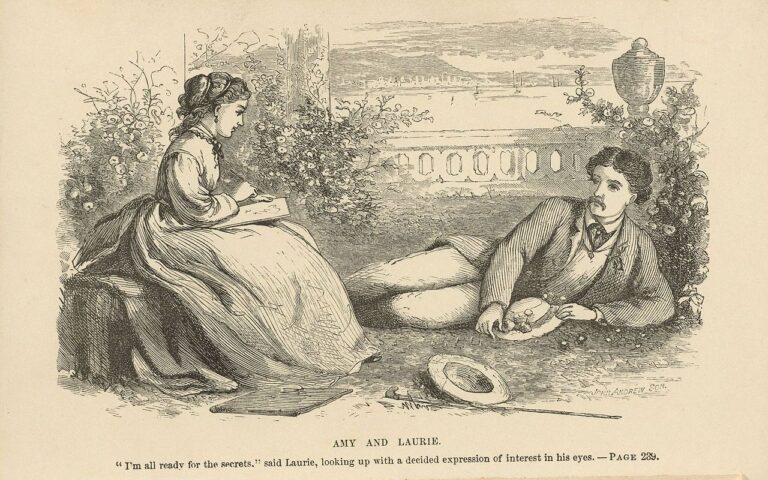
Mona Chalabi’s op-ed for the NYTimes states that as women age, they examine the dating profiles of their contemporaries, while men, no matter their ages, peruse photos of women in their early 20’s.
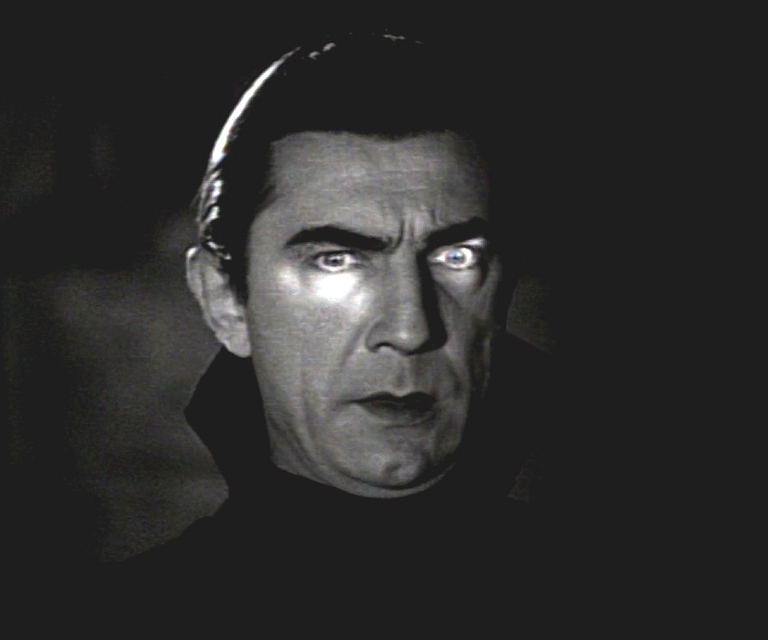
October 17, 1975. Salem’s Lot, King’s second novel is published. The story chronicles what happens in the titular, fictional hamlet in Maine when a centuries-old incubus named Kurt Barlow moves into a long-vacant mansion that the locals consider haunted.

I’ve long been a well-behaved person, and as an adult I have come to suspect that this isn’t one of my more admirable traits. This suspicion, I think, is part of what draws me so intensely to Jim Shepard’s wonderful heartbreak of a story “The Zero-Meter Diving Team.”
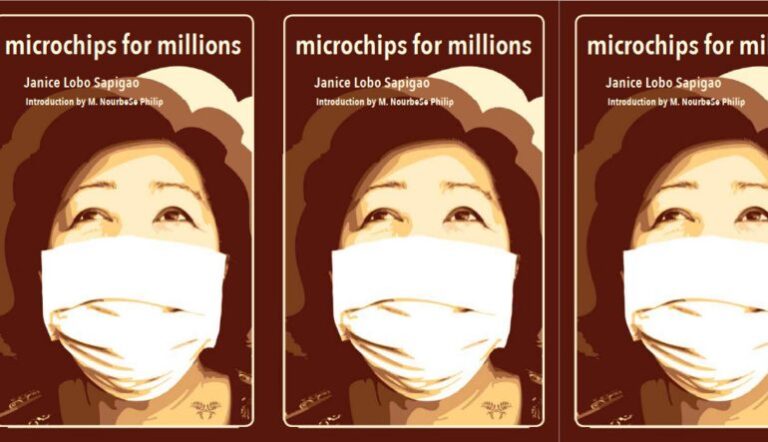
In her debut collection microchips for millions, Janice Lobo Sapigao disrupts Silicon Valley through poetry, revealing the structural violence that is encoded into it.

Each day after her husband’s death, Olive Kitteridge runs down the clock until she can go to bed with the sun. She has her routine, but it feels purposeless. Olive made me wonder if the days felt like this to my mother after my father’s death.
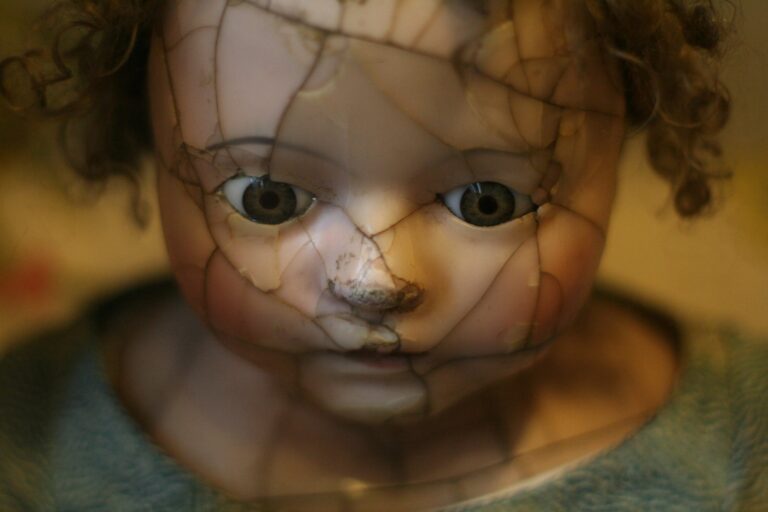
In early creative writing classes, we’re often told to avoid tropes, told that they’ll make our writing cliché. It’s good advice for writers just beginning their craft, but it’s not sound advice for an entire career.
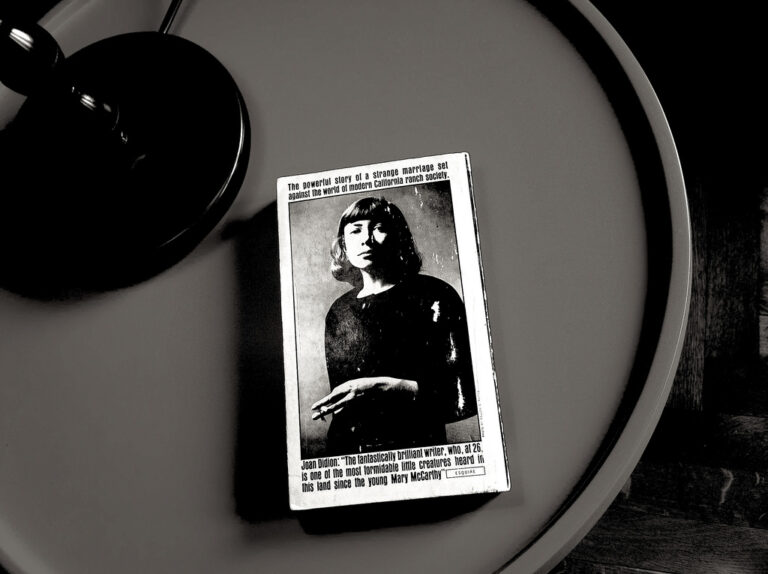
I cannot watch a documentary about Joan Didion impartially any more than her nephew, Griffin Dunne, could make an impartial film about his legendary aunt. To say that Didion, now 82, has had an impact on me is an understatement.
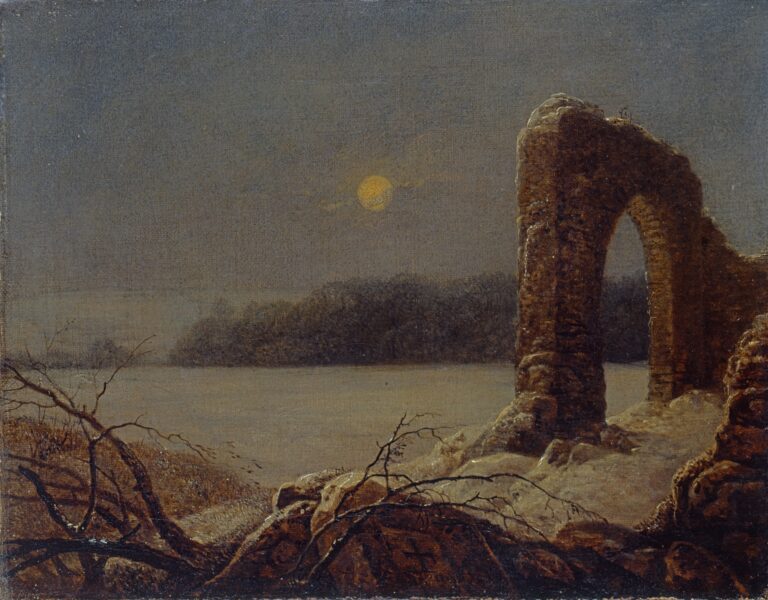
Poetry was never Katherine Anne Porter’s central pursuit: as Darlene Harbour Unrue notes in her introduction to Katherine Anne Porter’s Poetry, Porter was “never a first-rate poet, by her own admission.” But the pieces within are hypnotic—Porter’s distinctive and authoritative speakers conjure vast worlds in small spaces.
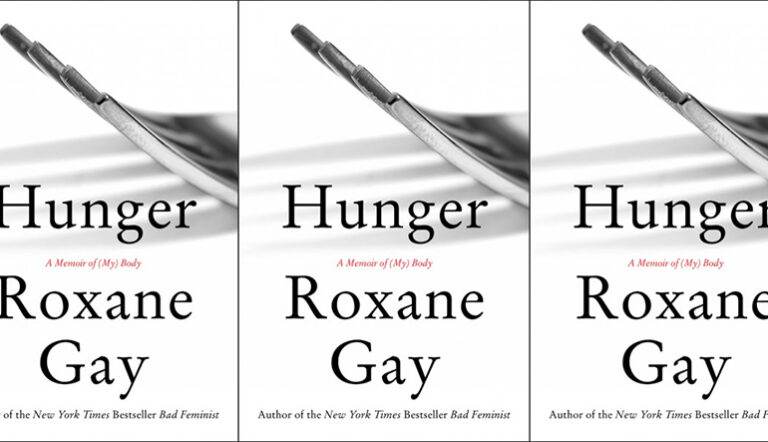
Roxane Gay is America’s favorite “bad feminist.” She is often read as a black feminist, but her Haitian roots rarely get more than a passing mention. And yet, Haiti is the unseen backdrop to Gay’s memoir Hunger: a fierce, black, female, fat narrative.
No products in the cart.